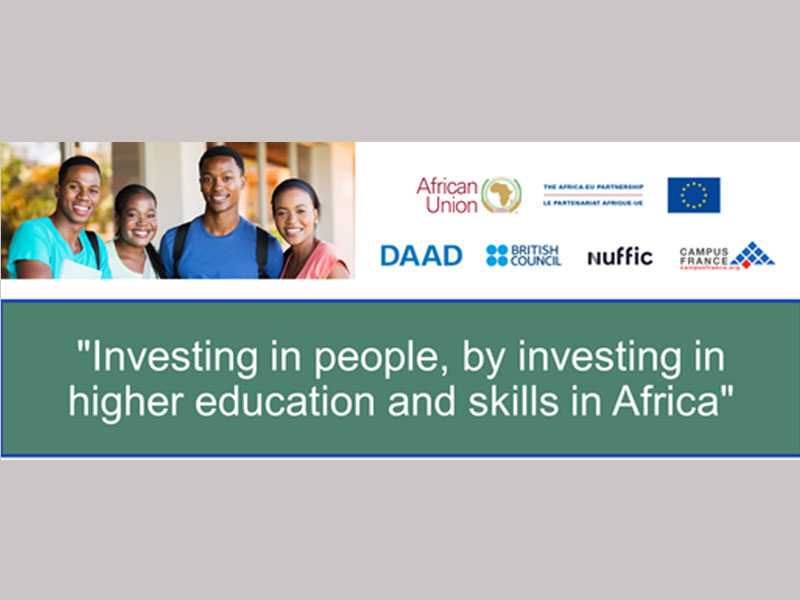
On 25th October, the British Council co-hosted a high-level conference on Africa-Europe collaboration in Higher Education, a joint initiative by the European Commission, the African Union Commission and four European partner organisations that have a long history of cooperation with the African continent – British Council, the German Academic Exchange Service (DAAD), Campus France and Nuffic Netherlands.
The conference was structured around a series of workshops in which more than 400 policy-makers and representatives of the higher education sector from Africa and Europe discussed different aspects of collaboration in higher education between the two continents, and the challenges and opportunities stemming from higher education. A poster session showcased a wide range of initiatives and projects implemented by African and European partners. The event also provided sector-specific policy recommendations on how to further develop the charter “Investing in people by investing in education and skills” of the Africa-Europe Alliance, first announced by President of the European Commission Jean-Claude Juncker in September 2018. One central demand is that higher education and skills will feature prominently in the 6th Africa-EU summit, due to take place in 2020.
“We recognise that higher education and skills acquisition are critical enablers for young people, allowing them to build sustainable livelihoods for themselves and others. Over 70% of Africa’s population are aged 18-35 so the need for higher education and skills is rising. We are responding to this demographic demand by expanding our higher education and skills programme and working with partners in African universities so that more of these young people can fulfil their potential.” said Louisa Waddingham, British Council’s Portfolio Lead for Higher Education, ahead of the event.
British Council works with governments, education and training institutions, industries, academics, and international donors to provide international education opportunities and improve the quality of higher education across Sub-Saharan Africa. By sharing international best practice and creating opportunities for dialogue, collaboration, research exchange, and mobility, the British Council helps to improve learning and employability outcomes for students, scholars, researchers, and academics. Most notably, the annual Going Global conference offers an open forum for global leaders of international education to discuss issues facing the international education community. Through the Partnership for African Social and Governance Research, the British Council’s project team helps to increase the capacity of African universities and researchers to conduct research that directly contributes to social and public policy in Africa.
This has been reposted from https://bit.ly/2JrkZcI